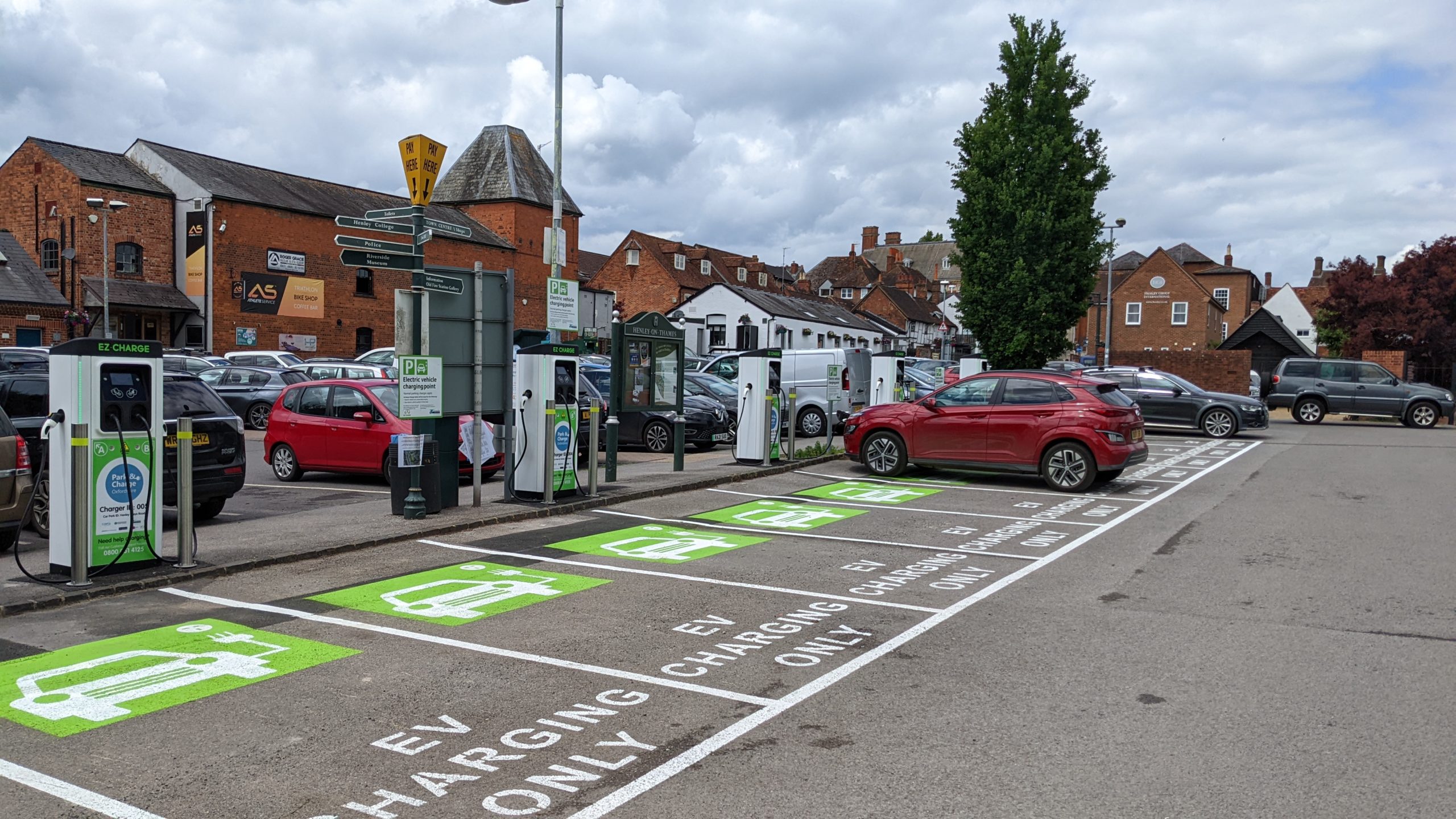
Cutting emissions across the district
To achieve our target of becoming a carbon neutral district by 2030, we will act on our statutory duties, show leadership, share information and work closely with partners across South Oxfordshire.
Carbon emission baseline – we have completed a baseline review of energy consumption and carbon emissions. This has provided us with the data we need to determine the most effective actions we can take to reduce carbon emissions and meet our carbon neutral target.
Planning – the new South Oxfordshire Local Plan addresses the natural and built environment and climate change, minimising carbon emissions and other pollutants. It encourages sustainable design and the use of renewable and low carbon energy generation. There are requirements for new homes to have at least a 40 per cent reduction in carbon emissions compared with the 2013 Building Regulations, and increasing the reduction to at least 50% starting in 2026 and then a 100% carbon reduction, to zero carbon, from 2030. New build non-residential developments are required to meet the BREEAM excellent standard, and for larger non-residential schemes, they must also have at least 40% carbon reduction compared with the 2013 Building Regulations.
The principles behind the Didcot Garden Town Masterplan focus on sustainable living with, green energy supply, the creation of ecological networks, enabling cycling, walking and public transport as the primary means of transport and other measures to reduce greenhouse gas emissions.
Partnership working – we are partners in several innovative energy projects across the county, including the Oxfordshire Energy Strategy, and Project LEO (Local Energy Oxfordshire). We are active members of the Oxfordshire County Wide Climate Change Collaboration Group made up of all district and county councils in Oxfordshire.
We are also working with Oxfordshire County Council to build on our commitment to active travel and we are partnering with Oxfordshire councils on the Oxfordshire Electric Vehicle Infrastructure Strategy and the Park & Charge project.
Supporting town and parish councils – town and parish councils have a large impact on their community. We will engage with local councils to understand their needs and how we can best support their climate emergency work.
Supporting local businesses – We are supporting businesses to take climate action and as members of Greentech, a network to help businesses to be low-carbon, our businesses can learn how to minimise their emissions. See more about what businesses can do to help, on our business support pages.
Food waste recycling – Our food waste collection service turns the food into energy to power 4,800 homes and creates nutrient-rich fertiliser. We will promote opportunities for growing food locally: new developments are required to provide or contribute to open space, including possible allotments.
Electric Vehicle Charging – we’ve installed 62 new EV charging points in council-run car parks in Henley, Wallingford and Thame.

